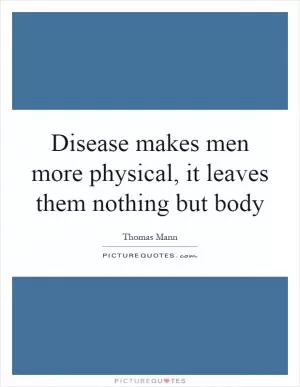Only love, and not reason, yields kind thoughts

Only love, and not reason, yields kind thoughts
Thomas Mann, a renowned German novelist and essayist, often explored the complexities of human emotions and relationships in his works. One of the recurring themes in Mann's writing is the idea that love, rather than reason, is the driving force behind kind thoughts and actions. This sentiment is beautifully encapsulated in his quote, "Only love, and not reason, yields kind thoughts."Mann believed that love has the power to transcend logic and rationality, inspiring people to act with compassion and empathy towards others. In his novel "Death in Venice," Mann explores the destructive nature of unrequited love and the irrational behavior it can provoke in individuals. The protagonist, Gustav von Aschenbach, becomes infatuated with a young boy named Tadzio, leading him to abandon reason and succumb to his desires. Despite the tragic consequences of his actions, Aschenbach's love for Tadzio ultimately drives him to act with kindness and selflessness.
In Mann's novella "Tonio Kröger," the titular character grapples with his conflicting emotions of love and reason. Tonio, a successful writer, struggles to reconcile his artistic sensibilities with the demands of society. He is torn between his desire for intellectual fulfillment and his longing for emotional connection. Ultimately, it is his love for a young woman named Ingeborg that leads him to embrace his true self and find peace.
Mann's exploration of love and reason in his works reflects his belief in the transformative power of love. He suggests that love has the ability to soften hearts, inspire generosity, and foster understanding between individuals. In a world driven by logic and self-interest, Mann reminds us of the importance of cultivating love and compassion in our relationships with others.












 Friendship Quotes
Friendship Quotes Love Quotes
Love Quotes Life Quotes
Life Quotes Funny Quotes
Funny Quotes Motivational Quotes
Motivational Quotes Inspirational Quotes
Inspirational Quotes